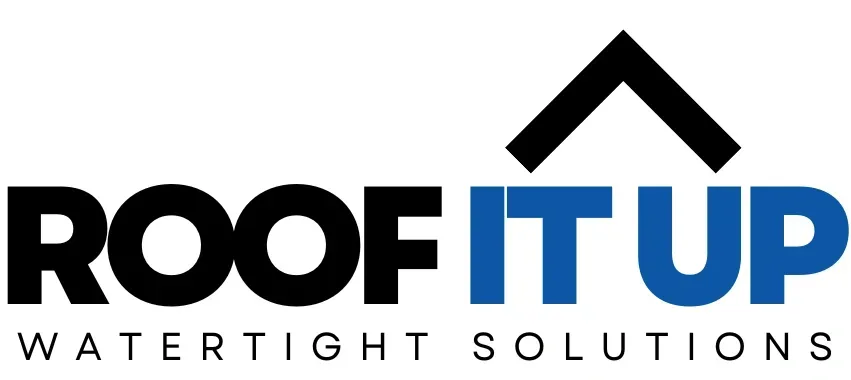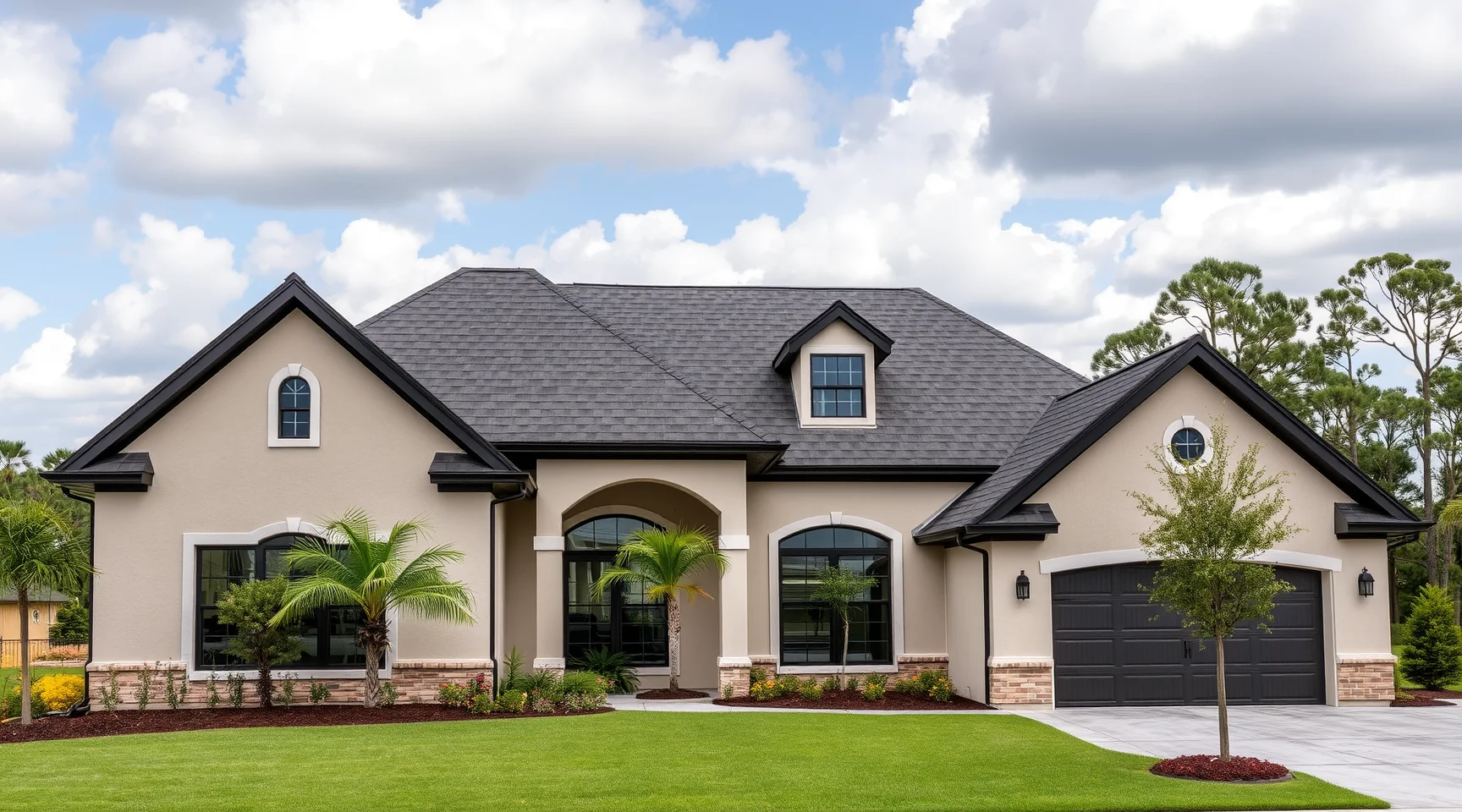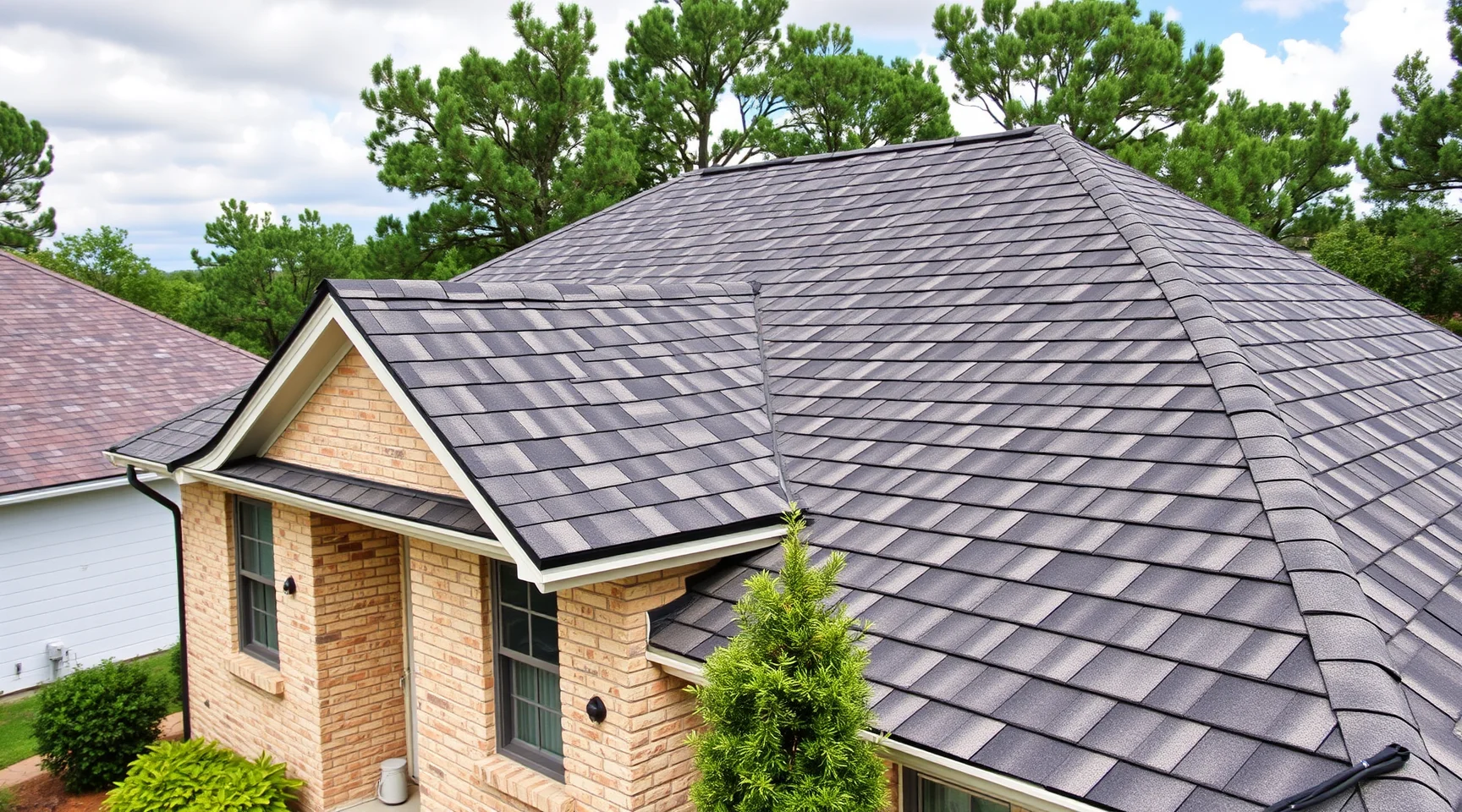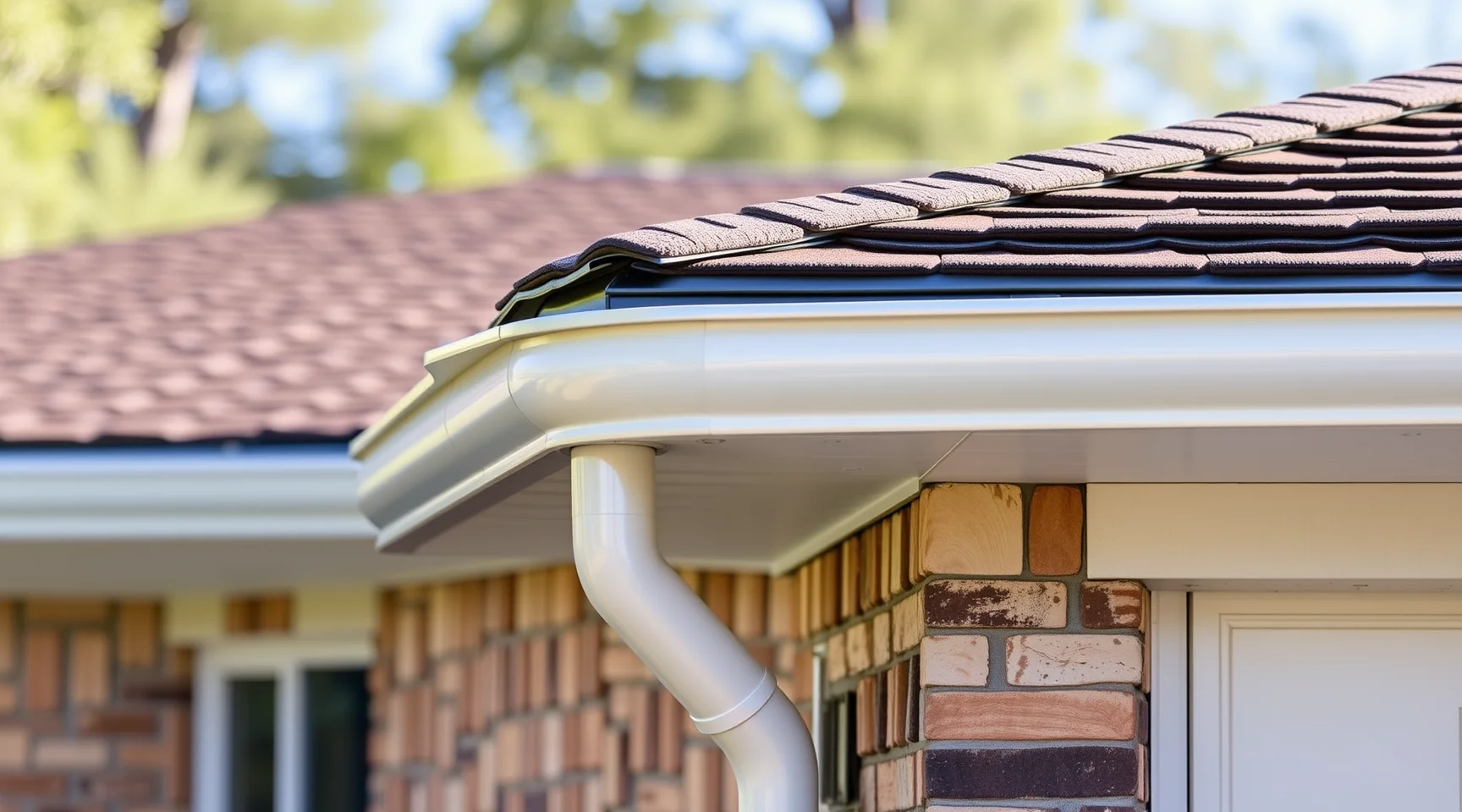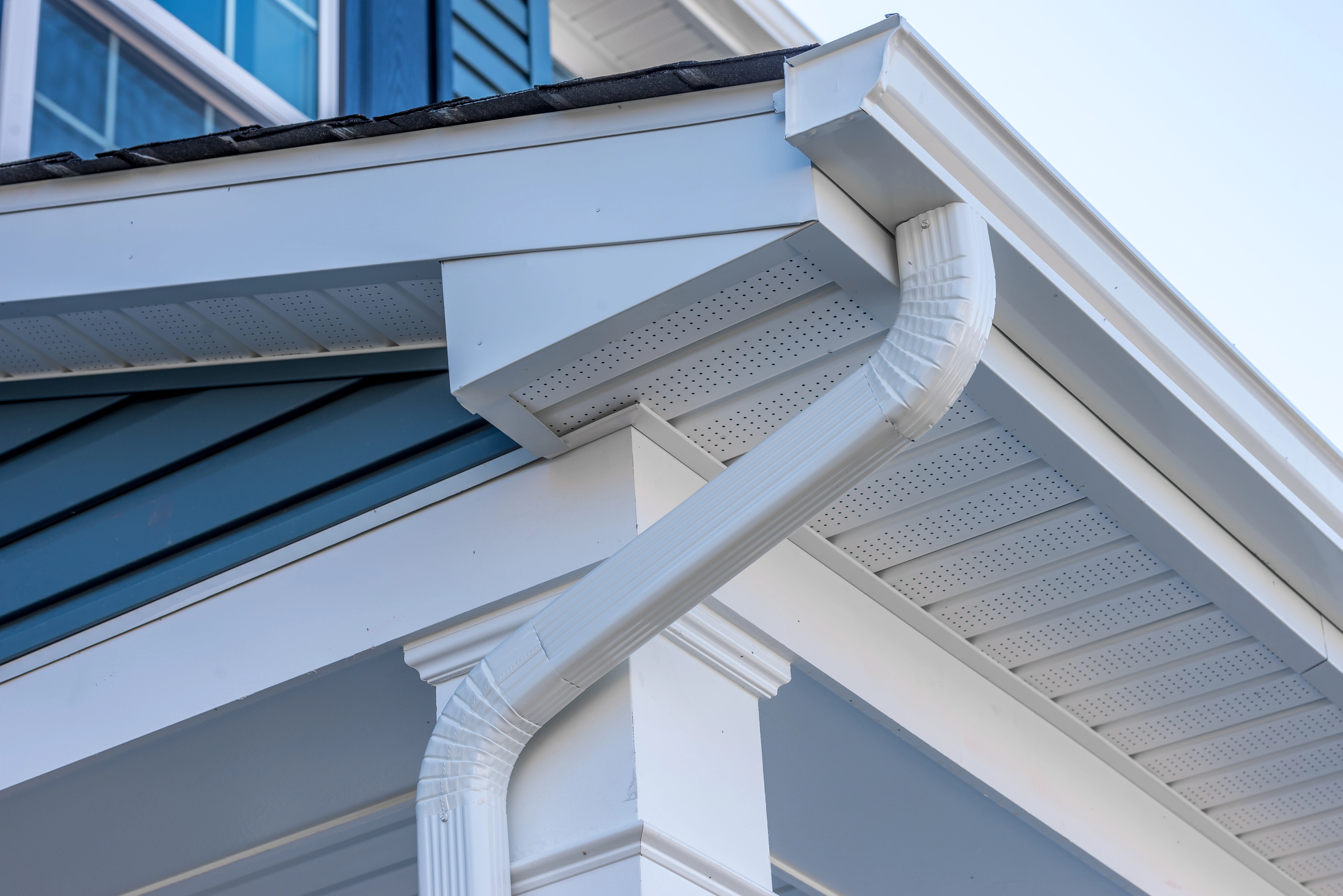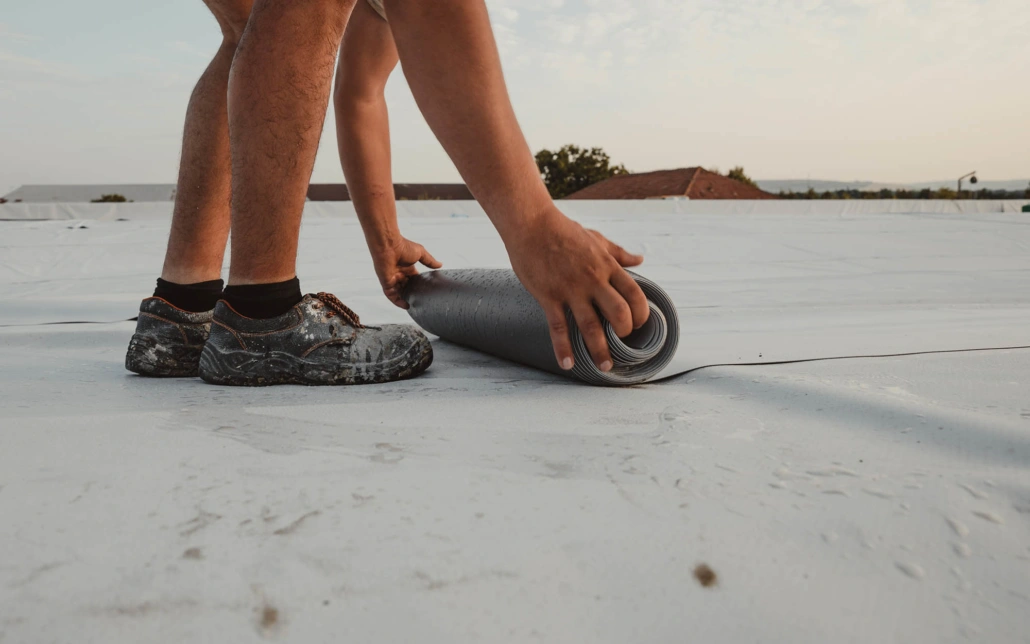Flat Roofs Company in Mount Dora, FL & Nearby
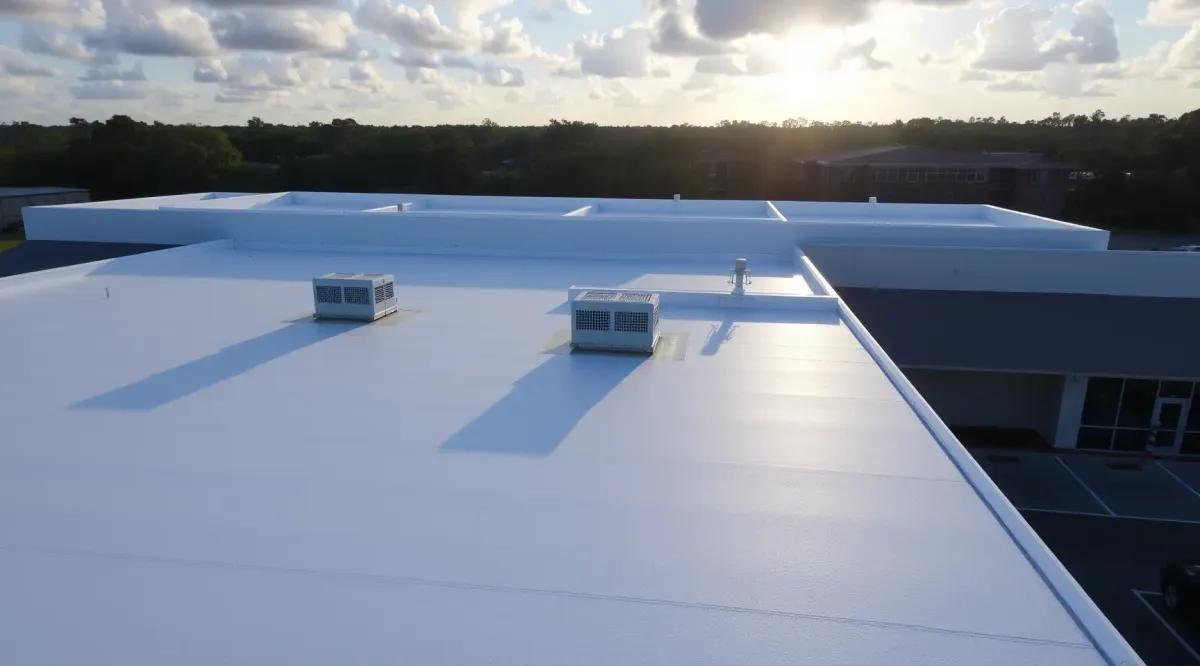
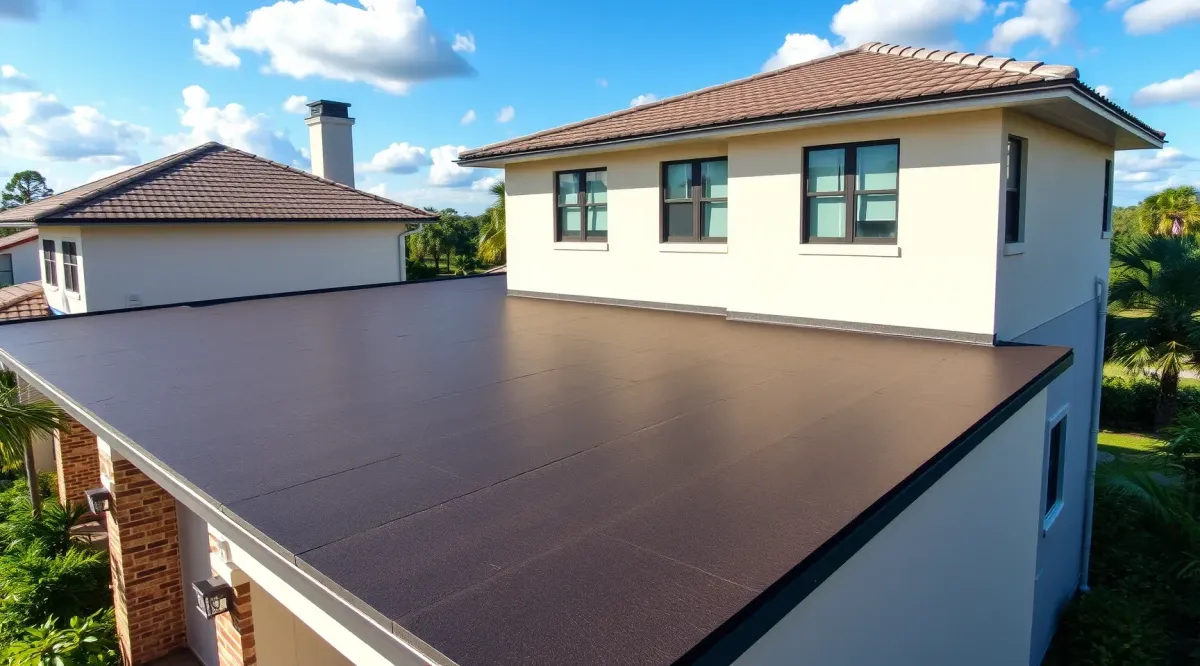
Initial Consultation and Assessment of Your Needs
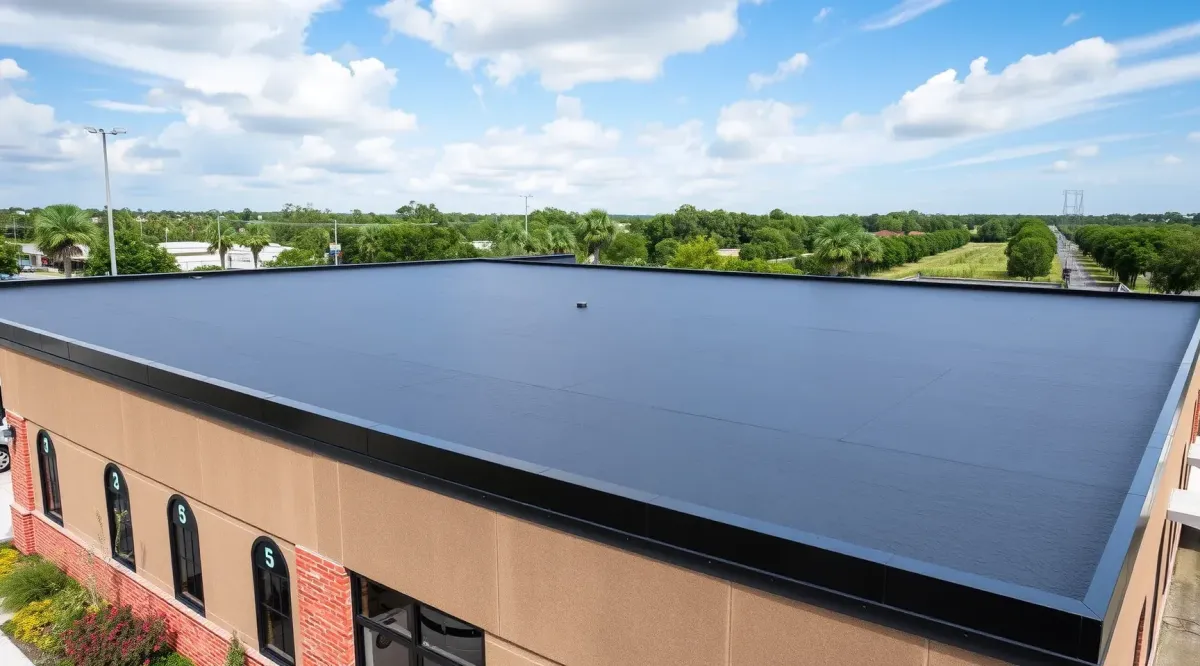

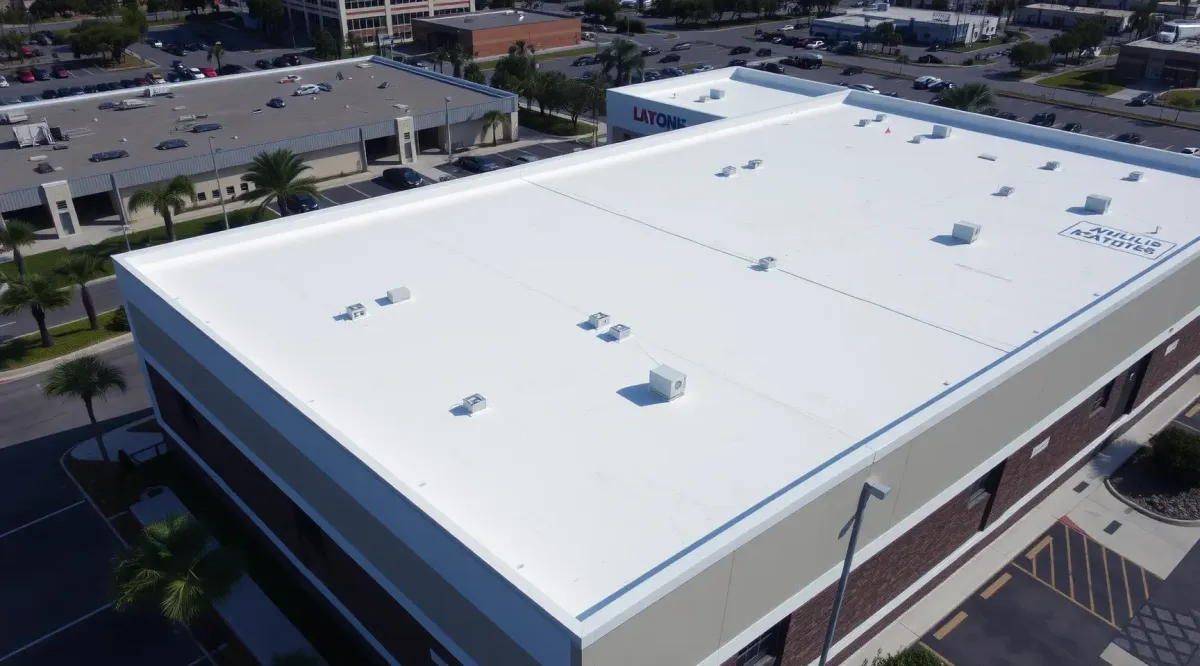
Design Proposal and Material Selection

Final Installation and Quality Assurance
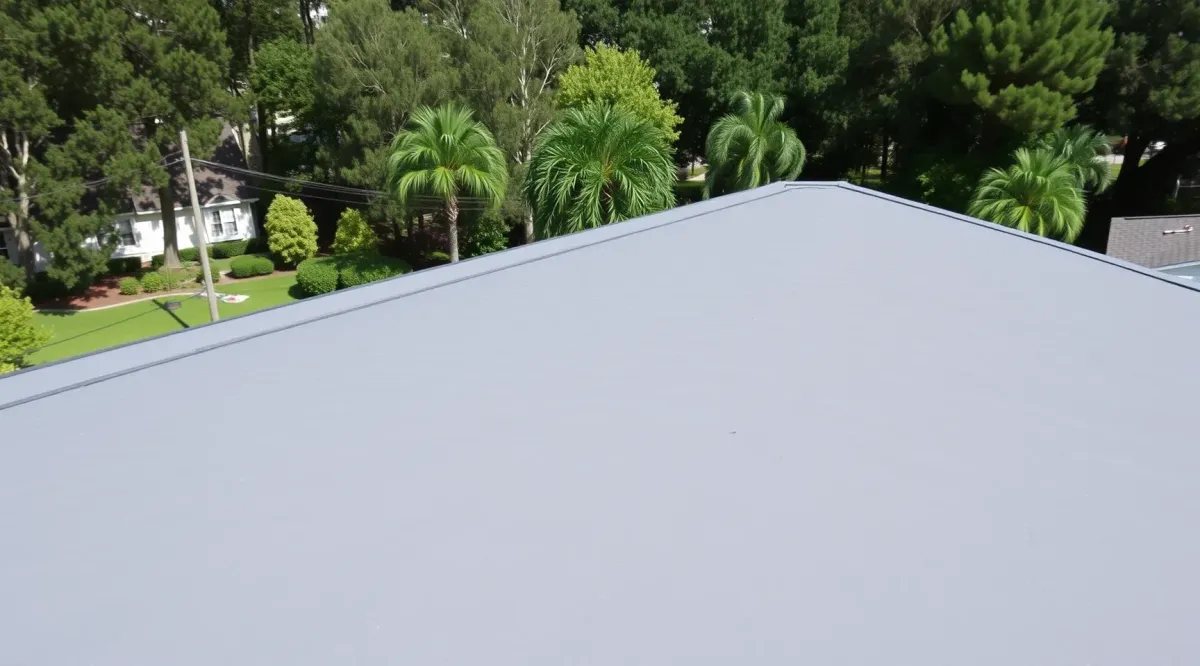
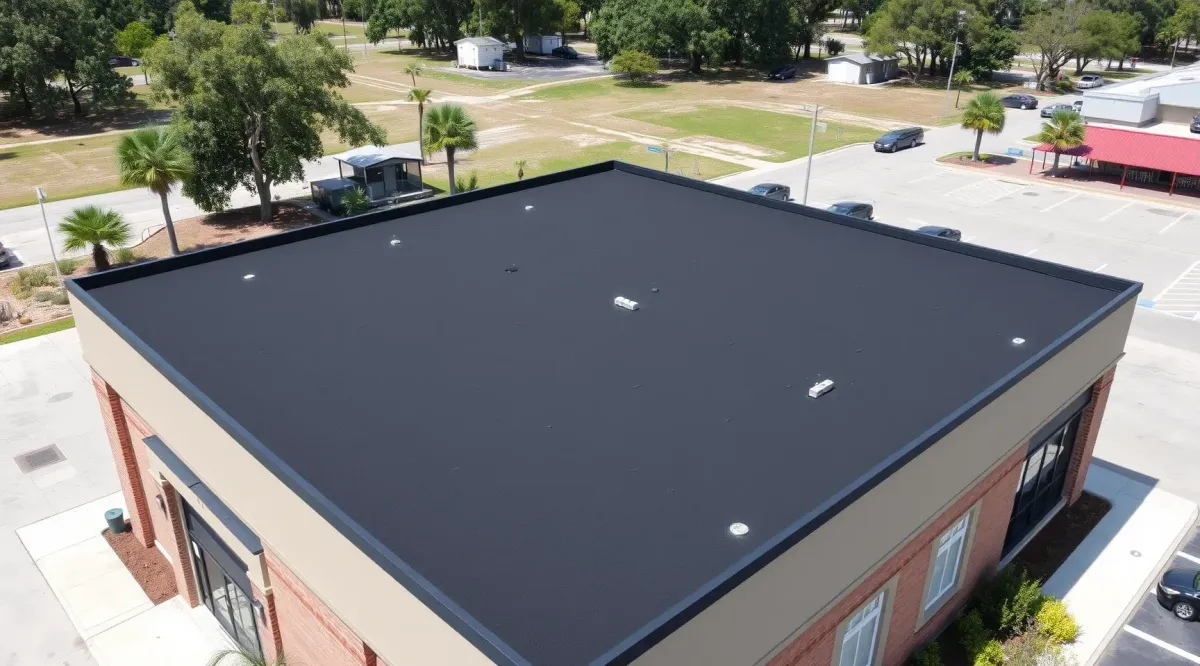
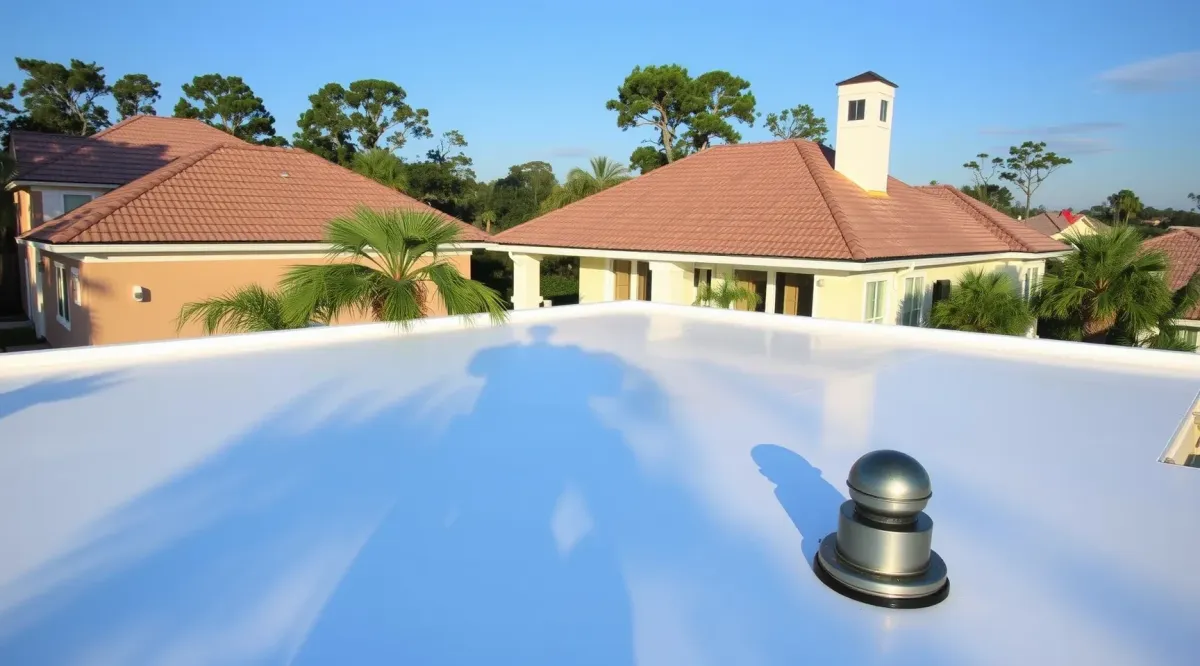
Proudly Serving These Locations and More
Google Reviews
Apply for Our Online SPECIAL
SAVE BIG on Any Service – New Customers Only
FAQs
Frequently Asked Questions about Flat Roofs
1: What factors should I consider when choosing a flat roofing system for my property?
When choosing a flat roofing system, consider durability, climate compatibility, maintenance requirements, and aesthetic appeal. Evaluate the warranty options available and ensure the system aligns with your budget and long-term property goals. Consulting with a professional can help you make an informed decision tailored to your needs.
2: What are the benefits of choosing a flat roof for my commercial property?
Choosing a flat roof for your commercial property offers cost-effectiveness, easier installation, and maintenance. It maximizes usable space for HVAC systems or rooftop gardens and provides excellent drainage. Additionally, many flat roofing materials come with long-term warranties, ensuring durability and peace of mind for your investment.
3: What maintenance is required for flat roofs to ensure their longevity and performance?
Regular maintenance for flat roofs includes inspecting for debris, checking for leaks, and ensuring proper drainage. It's essential to clean gutters and downspouts, apply sealants as needed, and schedule professional inspections to uphold warranties and extend the roof's lifespan. Prioritize these tasks for optimal performance.
4: What are the common types of flat roofing materials available, and how do they differ in terms of durability and energy efficiency?
Common flat roofing materials include TPO, EPDM, PVC, and modified bitumen. TPO and PVC offer excellent energy efficiency, while EPDM is known for its durability. Modified bitumen combines flexibility and strength, making it suitable for various climates. Each material varies in lifespan and warranty options, catering to different needs.
5: What should I expect in terms of the lifespan and warranty options for a flat roofing system?
The lifespan of a flat roofing system typically ranges from 15 to 30 years, depending on the materials used and maintenance. At Roof It Up, we offer various warranty options to ensure your investment is protected, providing peace of mind for both residential and commercial properties.
6: What are the key signs that indicate it's time to replace your flat roof?
Signs that indicate your residential roof needs repair or replacement include missing or damaged shingles, leaks or water stains on ceilings, sagging areas, and increased energy bills. Regular inspections can help identify these issues early, ensuring your roof remains in good condition and maintains its warranty.
7: What are the most cost-effective options for flat roofing solutions that provide long-term value?
For cost-effective flat roofing solutions that offer long-term value, consider options like EPDM, TPO, and modified bitumen. These materials are durable, energy-efficient, and often come with extensive warranties, ensuring your investment is protected while minimizing maintenance costs over time.
8: What are the energy efficiency advantages of installing a flat roof compared to traditional sloped roofing options?
Installing a flat roof can enhance energy efficiency by providing better insulation and reducing heat loss. Its design allows for easy installation of reflective materials, minimizing heat absorption. Additionally, flat roofs can accommodate solar panels, further decreasing energy costs and promoting sustainability for both residential and commercial properties.
9: What are the most important considerations for flat roof drainage to prevent water pooling and damage?
Effective flat roof drainage requires proper slope design, strategically placed drains, and regular maintenance to prevent water pooling. Consider using high-quality materials that enhance durability and ensure warranties cover potential issues. Prioritizing these factors will protect your investment and extend the lifespan of your roof.
10: What are the key differences between residential and commercial flat roofing systems in terms of installation and maintenance?
Residential flat roofing systems typically focus on aesthetics and energy efficiency, while commercial systems prioritize durability and load-bearing capacity. Installation for commercial roofs often requires specialized equipment and techniques, and maintenance for both types varies, with commercial roofs generally needing more frequent inspections due to their larger size and usage.
© Copyright 2025 Roof It Up. All Rights Reserved. - Privacy Policy - Terms & Conditions - DMCA - Disclaimer
Website built by ClientSwing
